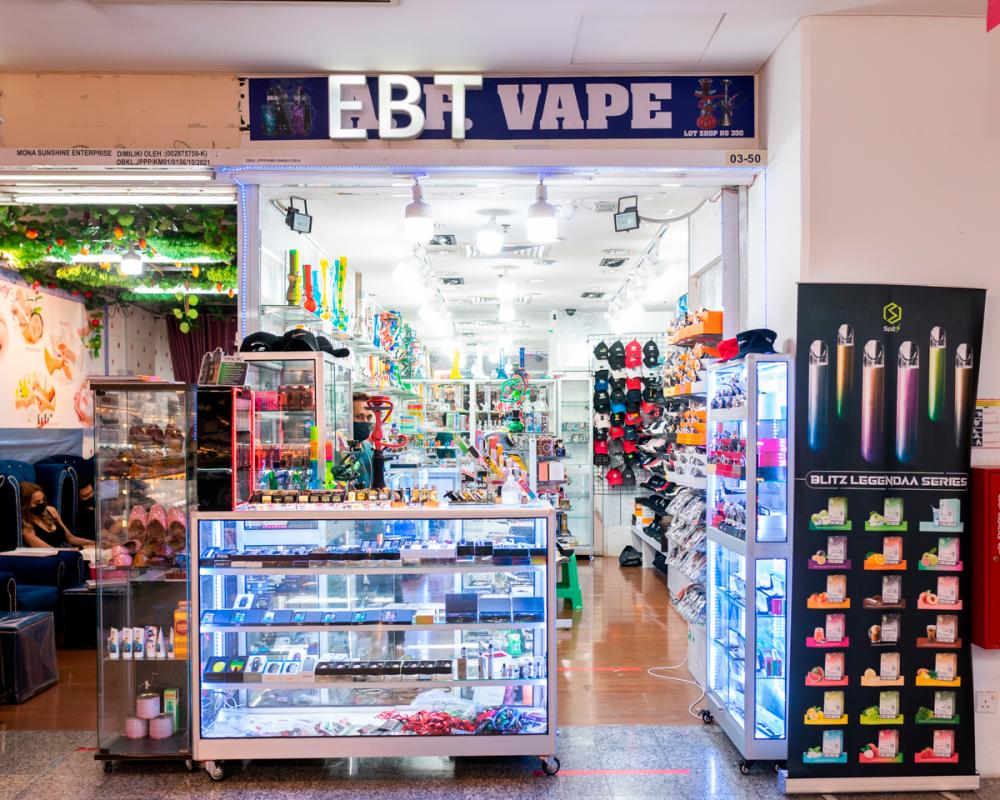KUALA LUMPUR: A recent survey by the Malaysian Vapers Alliance (MVA), a local advocacy group for vape consumers, showed that many vapers oppose the retail display ban that is expected to be implemented.
Following the survey, MVA has raised concerns over key elements of the Control of Smoking Products for Public Health Act 2024 (Act 852).
The survey, which garnered close to 500 responses, aimed at understanding consumer perspectives on the impending regulations.
The survey showed that 71.3% of respondents do not agree with the ban, citing dissatisfaction with the inability to browse through products before making a decision (39.7%) and difficulties in the purchasing process (38.3%).
The survey also uncovered that if the retail display ban comes into effect, consumers are likely to seek illegal alternatives (47.4%) or return to smoking cigarettes (44.5%).
Only a small percentage (8.1%) indicated they would quit vaping altogether if faced with such restrictions.
In commenting on the findings, MVA president Khairil Azizi Khairuddin emphasised the potential dangers of pushing consumers towards unregulated products.
“The survey findings clearly show that a retail display ban is not the solution. Restricting consumers’ ability to see and choose legitimate products will only drive them to the black market, where the quality and safety of products are questionable.
“This is not the direction we want to go in, especially as vaping serves as a harm-reduction tool for many who are trying to move away from smoking.
“We urge regulators to consider the impact such restrictions would have on consumer behaviour. Vaper users deserve the right to make informed choices, and by imposing a retail display ban, we are taking away that ability.
“The survey shows that consumers want the freedom to browse products and make informed decisions, which is essential for ensuring that they remain in the regulated market,“ he said.
In addition to these findings, the survey also revealed that a majority of vape users are either ex-smokers or are currently transitioning from cigarettes to vape products as a harm-reduction tool (74.4%).
Most vape users use nicotine liquids (81.9%) with a nicotine level of below 40mg (96.5%).
“Act 852 should prioritise measures encouraging smokers to switch to vaping. Imposing drastic requirements on vaping and not differentiating vape regulations from tobacco regulations will only cause smokers to continue smoking or push vaper users towards illegal markets or back to smoking.
“This will undermine the very goals of harm reduction that vaping products can support in reducing smoking prevalence in Malaysia,“ he said.
“We call on the Ministry of Health to reconsider the retail display ban and work towards regulations that are both practical and effective in upholding public health while ensuring consumers have safe and legal access to products,“ Khairil concluded.









